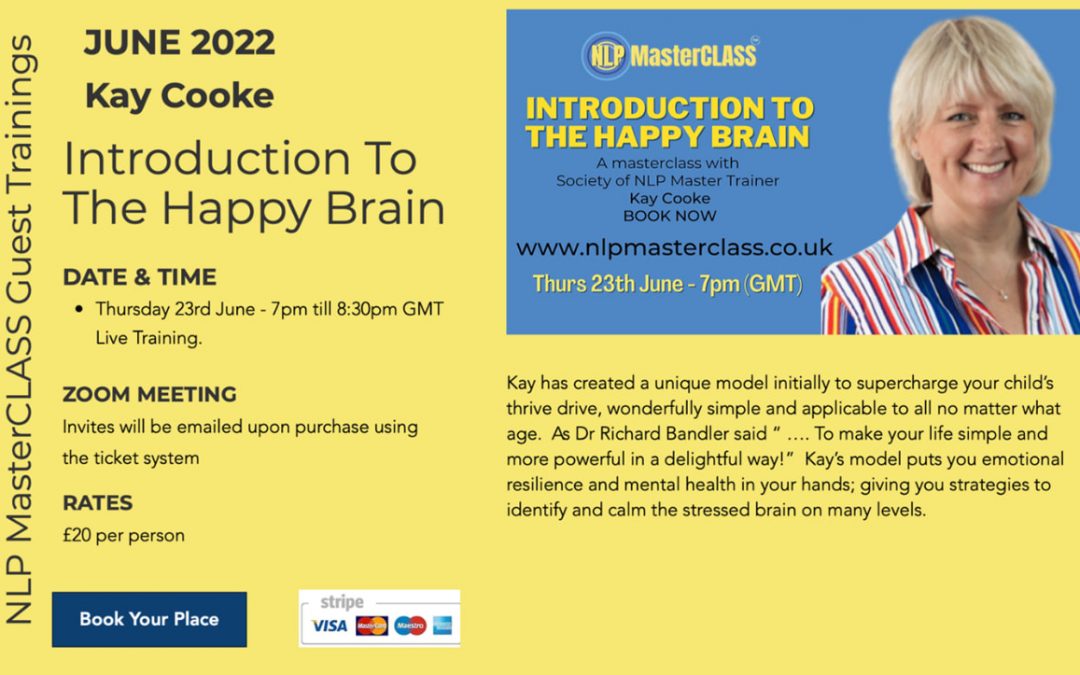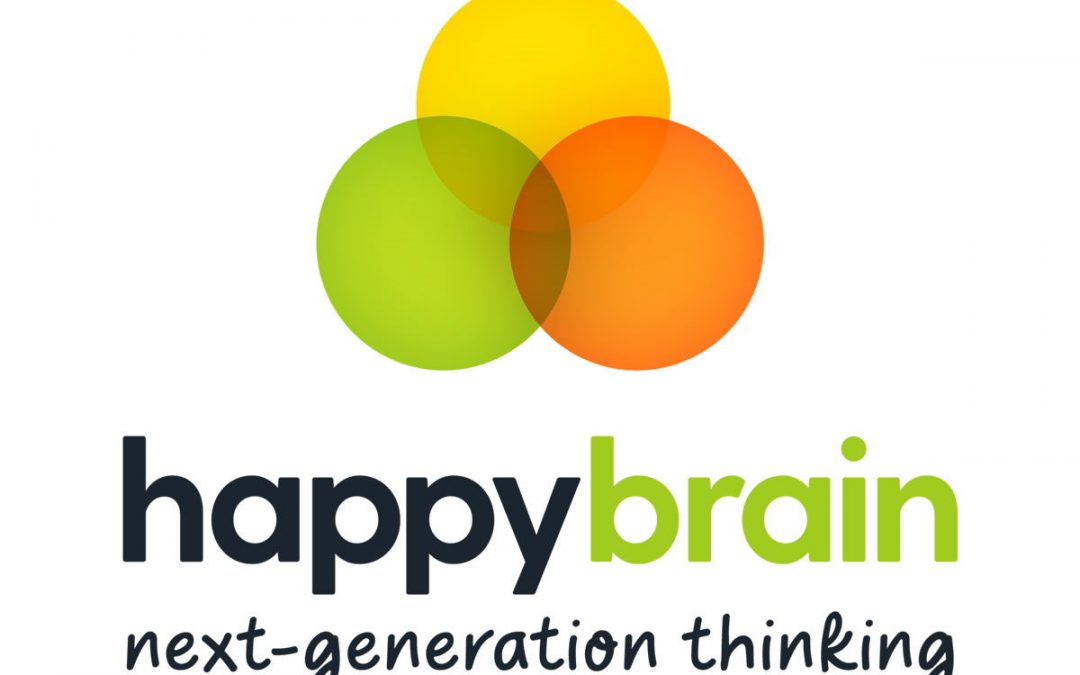
by Kay Cooke | Jan 30, 2023 | next generation
Created in 2010, these fun, easy to follow brain training activities are ideal for young families and primary classrooms.
Instant Calm – Belly Breathing
Quietly Clear – Building Confidence
Brainy learning – Balance Body & Mind
Brain balance – Finger Play
Personal power – Heartful
Choose feelings – Spinning Feelings
Perfect peacefulness – White Feather
Brain boost – Eyes Around
Chaos to calm – Glitter Ball
Power up – Power Pack
Reassure an anxious mind – Finger Chat
Welcome to these practical activities that help you minimise stress and create feelings of calm and confidence. You will find increased self-esteem
and smarter thinking are very pleasant by-products.
This kit will train your nervous system to be calmer and to stay calm and confident in challenging situations. Practising them regularly will mean that you’ll get better at being able to do them whenever you really need to.
There are 11 fun activities for you to experiment with, each one is proven to help develop resilience. CLICK HERE

by Kay Cooke | Jan 30, 2023 | be well
“If you always do what you always did, you’ll always get what you always got.”
Henry Ford
Does that make sense to you?
Where are the ‘problem-repeats’ in your life?
You know it’s often easier to notice those patterns in other people’s lives, but when you cast your your mind back through your timeline, which problems keep repeating?
Did you ever try to change them?
Did you ever find a really good coach to help you harness the superpower of imagineering?
Your future starts in imagination – whether you are imagining what you are going to do later today, tomorrow, or next year – you’re setting your brain’s GPS.
We walked on the moon thanks to someone’s imagination. Yet some people terrorise and limit their future selves with wayward imaginineering! And so it needs to be harnessed and handled with precision. NLP is an amazing tool to help you do this easily.
For now, you could start by imagining what would happen if a mysterious force extinguished ‘problem-repeats’ from your world and breathed new life-energy into your life. What differences shine through? What does not change at all?
Imagination is a super skill, learn to use it with super precision. Isn’t it time to shine?

by Kay Cooke | Aug 30, 2022 | next generation, NLP, parenting, work well
Looking for a fun ice-breaker, pattern interrupt, or warm-up for your team of colleagues or students? Or a new idea for having fun and making people smile? Here’s a game you can play with your students, colleagues, coachees, or family. It has scope to be as purposeful as you choose!
This game involves letters of the alphabet A-Z, some pens, some paper or flip chart, or white board. It can be done individually or in groups and you can even add some flavoursome competition.
Choose one of the themes below and assign a word to each letter.
Theme 1: Positive/happy/fun words e.g. amazing, brilliant, cuddly …
Theme 2: Nouns (things) e.g. apple, bat, crib …
Theme 3: Verbs (actions) e.g. admiring, bowling, crocheting …
Theme 4: Nonsensical (made up) brain ticklers e.g. artummyful, brainbutt, crumtonly…
Theme 6: NLP nominalisations e.g. adoration, bliss, confidence …
Theme 7: Colours e.g. apple-green, baby-blue, crimson …
Or make up your own theme!
Or create a themed word-bank somewhere prominent where people can keep adding new words.
This is play, with purpose. For example, that purpose might be to:
• have fun
• engage with others
• embed learning
• calibrate people or situations
• …
#NLP #calibration #language #play #happybrain #fun #states #NLP submodalities #icebreaker #braintickle #trainingroom #teamtalk

by Kay Cooke | Jun 1, 2022 | next generation
Click here for preview video where I set the scene for what I’ll be talking about:
Introduction to The Happy Brain

by Kay Cooke | Jan 31, 2022 | next generation
Society talks a lot about mental and emotional health problems but talking is not enough – we need to do at least these two key things to drive change:
- Understand what is happening inside the brain to produce motivation/de-motivation and good decisions/bad decisions.
- Build new strategies for doing mental, emotional, and physical wellbeing and happiness rather than knowing about it!
Join us in Hexham, Northumberland, for the next LIVE 2-day Happy Brain training FEB 12 & 13, 10am – 4pm where you get to step inside the uniquely practical Happy Brain model and discover:
* ‘what’ happens during the processes of thinking
* ‘how’ the brain makes sense of its chemical signals we call emotions
* ‘why’ we need to pay attention to neurological patterns that guide our auto-pilot brains
Short promo video: https://youtu.be/KAbrBvZLOeQ
What previous delegates have said: https://youtu.be/fkttVCsLzIc
Website info & booking: https://thehappybrainco.com/product/happy-brain-online-training/







Recent Comments